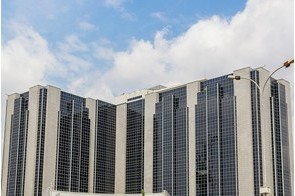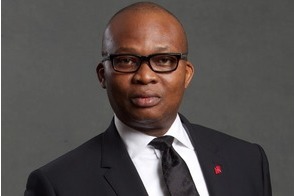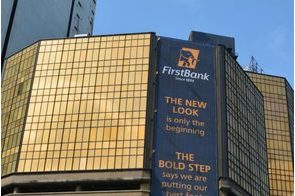Latest News
Fitch assigns ‘speculative grade’ rating to UBA’s $500mn Eurobond

News Highlight
Fitch Ratings said its rating action is in line with UBA’s long-term foreign currency issuer default rating of 'B'.
Fitch Ratings said today that it has assigned an expected rating of “B(EXP)” to United Bank of Africa’s proposed senior unsecured and medium-term notes. The New York-based rating agency said its ratings action is in line with UBA’s long-term foreign-currency issuer default rating (IDR) of 'B'.
Earlier on Tuesday, UBA announced that it planned to raise up to $500 million of senior unsecured medium-term debt notes for general banking purposes. The bank said the notes would be listed on the Irish Stock Exchange.
A B(EXP) rating indicates that a bond issuer currently meets financial commitments although capacity for continued payment is contingent upon a sustained, favourable business and economic environment. It is a non-investment grade rating that often increases the cost of borrowing.
Fitch said based on its assessment on expected recoveries in a liquidation scenario, it has also assigned an expected recovery rating (RR) of ‘RR4(EXP)’ to UBA’s notes, implying average recovery prospects.
“In Fitch's view, the likelihood of default on these notes reflects the likelihood of default of the bank,” the ratings agency said. “According to Fitch's criteria, a bank's IDR usually expresses Fitch's opinion on the risk of default on senior obligations to third-party, non-government creditors as in Fitch's view these are typically the obligations whose non-performance would best reflect the uncured failure of the entity.”
Earlier this month, Fitch said Nigerian banks, including UBA are facing funding and liquidity risks due mainly to tight FX liquidity, notwithstanding the government’s attempts to normalise the foreign-exchange interbank market.
The ratings agency said it expects more Nigerian banks to tap the financial markets to strengthen their capital buffers.
Related News
Latest Blogs
- CBN is fighting inflation instead of stagflation
- Why electricity privatization failed (2)
- How net metering can boost embedded power generation
- Adaora Umeoji and gender in Nigerian banking leadership
- Is protest an endangered human right of Nigerians?
Most Popular News
- IFC, partners back Indorama in Nigeria with $1.25 billion for fertiliser export
- Univercells signs MoU with FG on biopharmaceutical development in Nigeria
- Ali Pate to deliver keynote speech at NDFF 2024 Conference
- CBN settles backlog of foreign exchange obligations
- CBN increases capital requirements of banks, gives 24 months for compliance
- Nasdaq Dubai welcomes $600m sukuk listing by Islamic Development Bank






